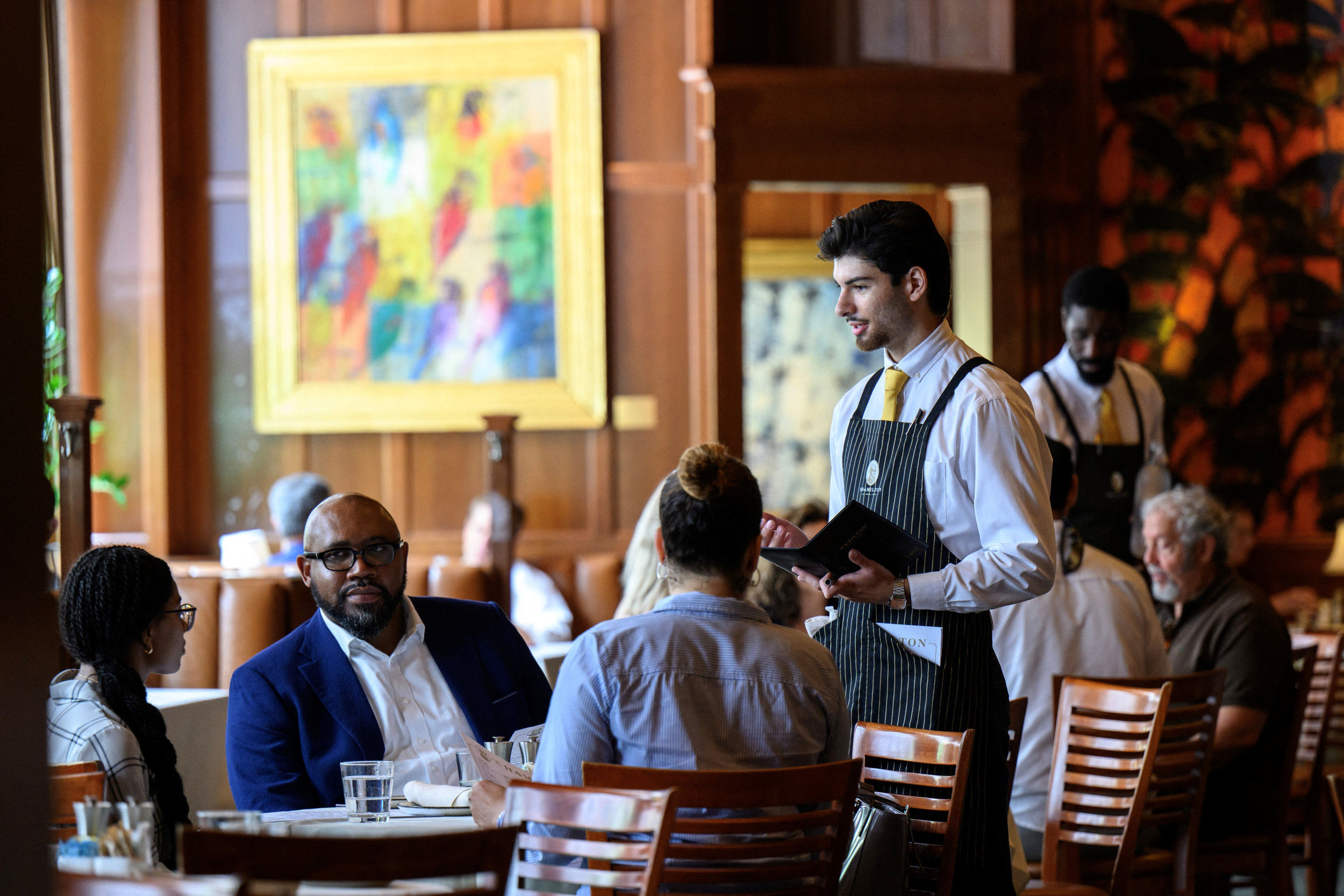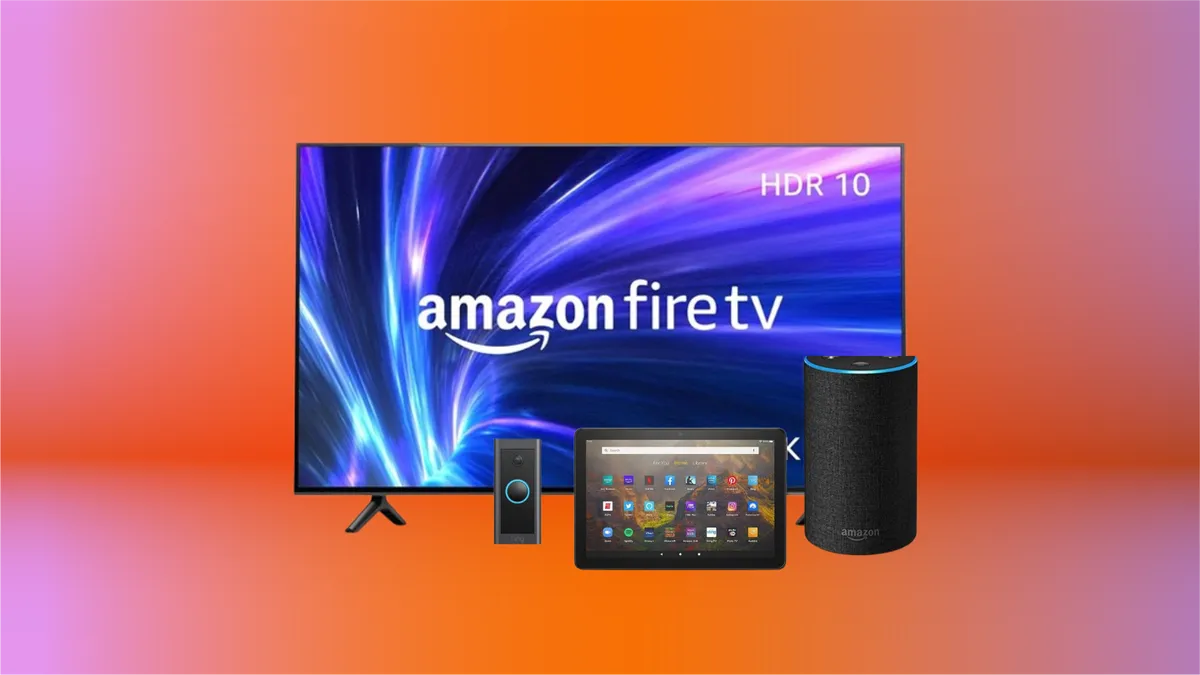
The federal government has shed light on which tips would be eligible for a proposed tax deduction in the “no tax on tips” initiative contained in the Trump administration’s so-called One, Big, Beautiful Bill, though a list of definitive guidelines has yet to be finalized.
The Department of the Treasury and the Internal Revenue Service (IRS) are inviting the public to comment on the proposed regulations through October 23.
What Is ‘No Tax on Tips’?
“No tax on tips” has been a pillar of President Donald Trump’s economic agenda since the lead-up to the 2024 presidential election, when he launched the idea as a way of helping millions of Americans nationwide at a time of growing financial instability.
The idea is to eliminate federal taxes on tipped income for eligible workers. The proposed tax cut was included in the Trump administration’s One, Big, Beautiful Bill—signed into law by Trump on July 4—in the form of a provision that allows some workers to deduct up to $25,000 in “qualified tips” per year from 2025 through 2028.
The tax deductions—which phases out for individuals earning more than $150,000 and couples earning over $300,000—are set to expire after 2028.
In 2023, the latest year for which data is available, roughly 4 million workers in the U.S. were in tipped occupations—about 2.5 of all employees in the country, according to estimates by the Budget Lab at Yale University. The tax deduction won’t be available to married couples filing separate tax returns, according to recent comments by Treasury officials.
What Jobs Would Be Affected?
The Treasury and IRS have created a list of eight categories for jobs affected by the “no tax on tips” proposed legislation. Each has been given a three-digit code. These are:
100s – Beverage and Food Service
200s – Entertainment and Events
300s – Hospitality and Guest Services
400s – Home Services
500s – Personal Services
600s – Personal Appearance and Wellness
700s – Recreation and Instruction
800s – Transportation and Delivery
The jobs included under these categories are, according to a preliminary list released by the Treasury in August:
1. Beverage & food service
Bartenders
Wait Staff
Food Servers, Non-restaurant
Dining Room and Cafeteria Attendants and Bartender Helpers
Chefs and Cooks
Food Preparation Workers
Fast Food and Counter Workers
Dishwashers
Host Staff, Restaurant, Lounge, and Coffee Shop
Bakers
2. Entertainment & events
Gambling Dealers
Gambling Change Persons and Booth Cashiers
Gambling Cage Workers
Gambling and Sports Book Writers and Runners
Dancers
Musicians and Singers
Disc Jockeys (except radio)
Entertainers & performers
Digital Content Creators
Ushers, Lobby Attendants, and Ticket Takers
Locker Room, Coatroom and Dressing Room Attendants
3. Hospitality & guest services
Baggage Porters and Bellhops
Concierges
Hotel, Motel and Resort Desk Clerks
Maids and Housekeeping Cleaners
4. Home Services
Home Maintenance and Repair Workers
Home Landscaping and Groundskeeping Workers
Home Electricians
Home Plumbers
Home Heating/Air Conditioning Mechanics and Installers
Home Appliance Installers and Repairers
Home Cleaning Service Workers
Locksmiths
Roadside Assistance Workers
5. Personal services
Personal Care and Service Workers
Private Event Planners
Private Event and Portrait Photographers
Private Event Videographers
Event Officiants
Pet Caretakers
Tutors
Nannies and Babysitters
6. Personal appearance & wellness
Skincare Specialists
Massage Therapists
Barbers, Hairdressers, Hairstylists, and Cosmetologists
Shampooers
Manicurists and Pedicurists
Eyebrow Threading and Waxing Technicians
Makeup Artists
Exercise Trainers and Group Fitness Instructors
Tattoo Artists and Piercers
Tailors
Shoe and Leather Workers and Repairers
7. Recreation & instruction
Golf Caddies
Self-Enrichment Teachers
Recreational and Tour Pilots
Tour Guides and Escorts
Travel Guides
Sports and Recreation Instructors
8. Transportation & delivery
Parking and Valet Attendants
Taxi and Rideshare Drivers and Chauffeurs
Shuttle Drivers
Goods Delivery People
Personal Vehicle and Equipment Cleaners
Private and Charter Bus Drivers
Water Taxi Operators and Charter Boat Workers
Rickshaw, Pedicab, and Carriage Drivers
Home Movers
Treasury officials told reporters earlier this week that some jobs known as “specified service trade or businesses” or SSTBs, would not qualify for the “no tax on tips” deduction. These include sectors such as health care, legal, financial services and performing arts.
Which Tips Would Qualify for the Tax Deduction?
Workers will be able to receive the “no tax on tips” deduction if their occupation is on the above list and they receive what the IRS describes as “qualified tips.”
These are necessarily paid in cash or an equivalent medium, such as check, credit card, debit card, gift card, tangible or intangible tokens that are readily exchangeable for a fixed amount in cash, or another form of electronic settlement or mobile payment application (excluding most digital assets) denominated in cash.
These tips must be passed on by a customer or, if there is such an agreement with an employer, through a mandatory or voluntary tip-sharing arrangement, such as a tip pool. The tip must be voluntary and not negotiated.



